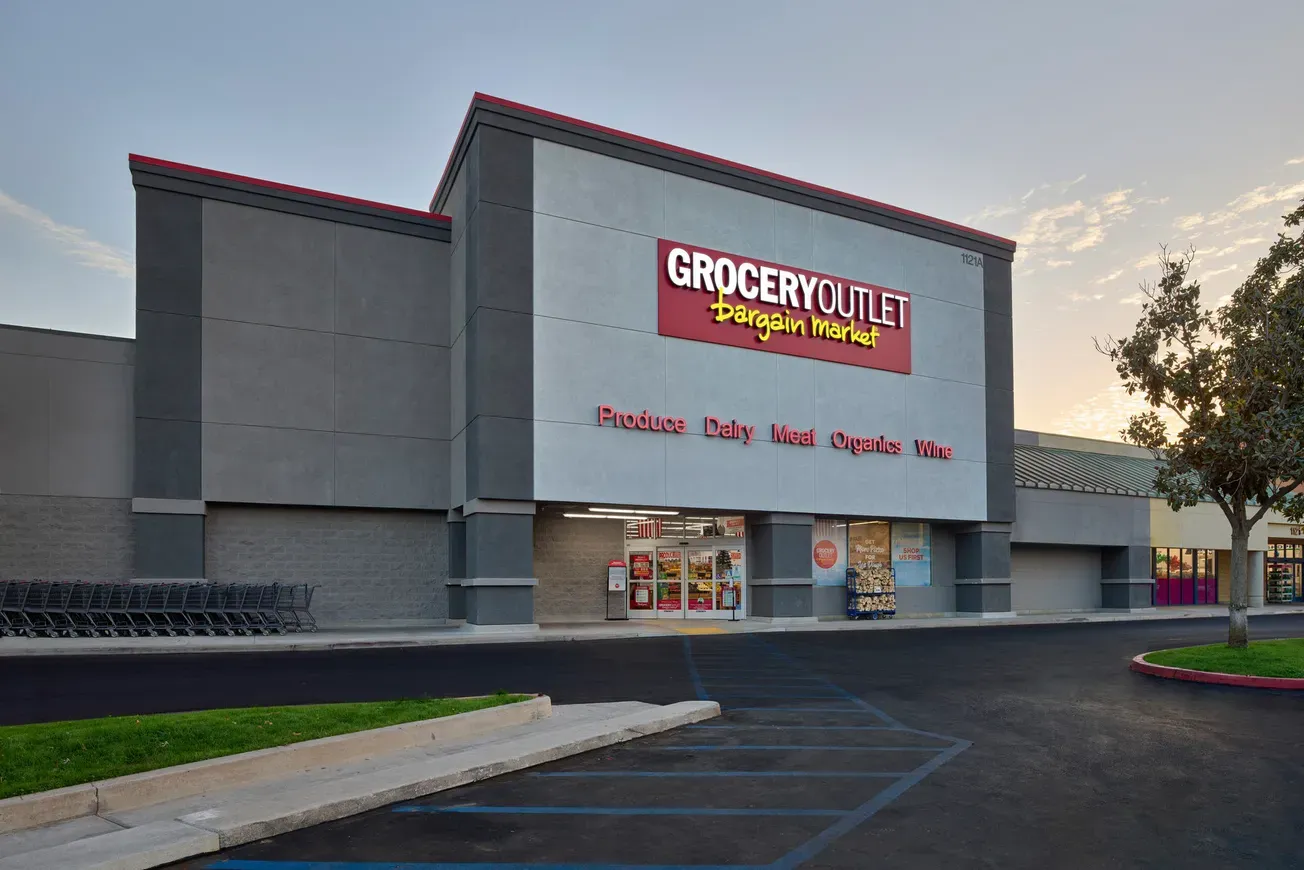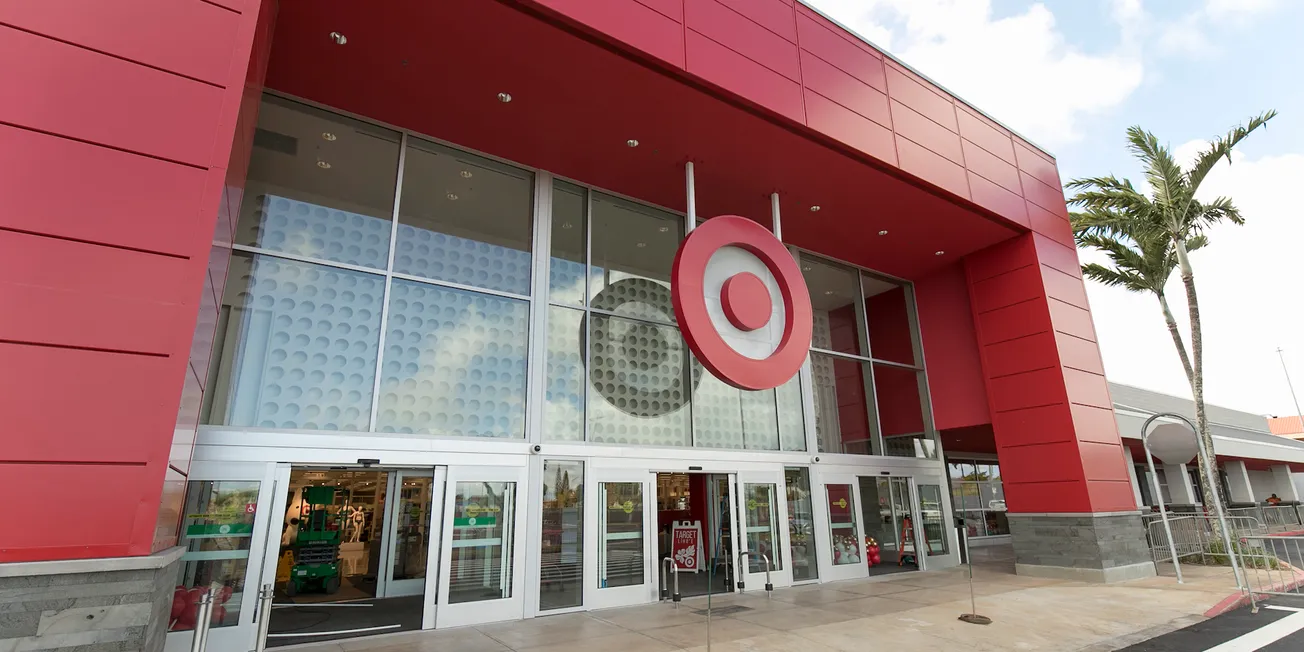ORLANDO, Fla. — Food Marketing Institute president and chief executive officer Leslie Sarasin compared the change occurring in the relationship between supermarket retailers and their customers to what happened to mankind’s view of its place in the universe when Nicolaus Copernicus developed the theory that the Earth revolves around the sun, rather than the other way around.
Food Marketing Institute president and chief executive officer Leslie Sarasin compared the change occurring in the relationship between supermarket retailers and their customers to what happened to mankind’s view of its place in the universe when Nicolaus Copernicus developed the theory that the Earth revolves around the sun, rather than the other way around.
Speaking at the FMI’s recent Future Connect conference here, Sarasin said food retailers now face a Copernican revolution of their own.
"Shoppers don’t revolve around our stores," she said. "Our stores revolve around our shoppers. So we have to undo decades of thinking about how to get shoppers into our stores, and start thinking about how we can get our stores into the lives and hands of our customers."
The comment about getting stores into the hands of shoppers is meant quite literally, as FMI’s research shows that 68% of consumers say smartphones are likely to become an integral part of their shopping experience.
Already 38% of shoppers say they use their smartphones to compare prices in the store, according to Booz & Co.’s 2013 Consumer Trends Survey. In addition, 32% of consumers say they use the devices to review products, 24% for coupon search, 22% to purchase products, and 22% to scan bar codes to get price or other information about a product.
Those numbers will only increase — currently smartphones are used by 49% of the U.S. population, but that number is expected to reach 68% by 2017.
"As smartphone use and sophistication grows, we’ll see more people depend on their smartphones for every shopping transaction — in-store navigation, mobile wallet payments, loyalty programs and price comparisons, among others," said Booz partner Nick Hodson.
Booz, together with Nielsen, Catalina and Crossmark, provided the insights for the report "Food Retailing 2013: Tomorrow’s Trends Delivered Today." Sarasin provided an overview of the report’s findings at Future Connect, and it was also the subject of a panel discussion.
Many of the report’s themes — including technology, market dynamics and in-store merchandising and innovation — will be explored in a series of webinars that will be held throughout the late spring and summer. The first is scheduled for May 15; more information is available at this website: http://www.fmi.org/forms/meeting/Microsite/FC2013,5.
Sarasin noted in her presentation that consumer demand has remained relatively flat in recent years, even as the number of retail outlets offering food has exploded. And consumers will continue to get more choices. The report estimates, for example, that groceries ordered online will increase over the next 10 years to encroach on overall in-store sales by 11%.
Sarasin suggested that retailers will need to evaluate alternative ways to address consumers’ need for value, convenience and safe food in the years ahead by focusing their growth strategies on the overall shopping experience, which she said will need to be "personal, digital and virtual."
FMI also announced at Future Connect that most of its current board members will stay on for another year, in order to see through the organization’s strategic planning efforts, which are meant to set its course for the next three to five years.
Harris Teeter president and chief operating officer Fred Morganthall will continue to serve as FMI chairman. Other officers who have agreed to remain in their current roles are: Martin’s Supermarkets Inc. president and CEO Rob Bartels, W. Lee Flowers & Co. president Henry Johnson, Lund Food Holdings Inc. chairman and CEO Tres Lund, Schnuck Markets Inc. chairman and CEO Scott Schnuck, and K-VA-T Food Stores Inc. president and CEO Steven Smith.
One change was made to the slate of officers, due to the impending retirement of Unified Grocer’s CEO Al Plamann. FMI appointed Jerry Garland, president and CEO of Associated Wholesale Grocers Inc., to fill Plamann’s seat as FMI’s vice chairman of wholesaler and independent operators.





